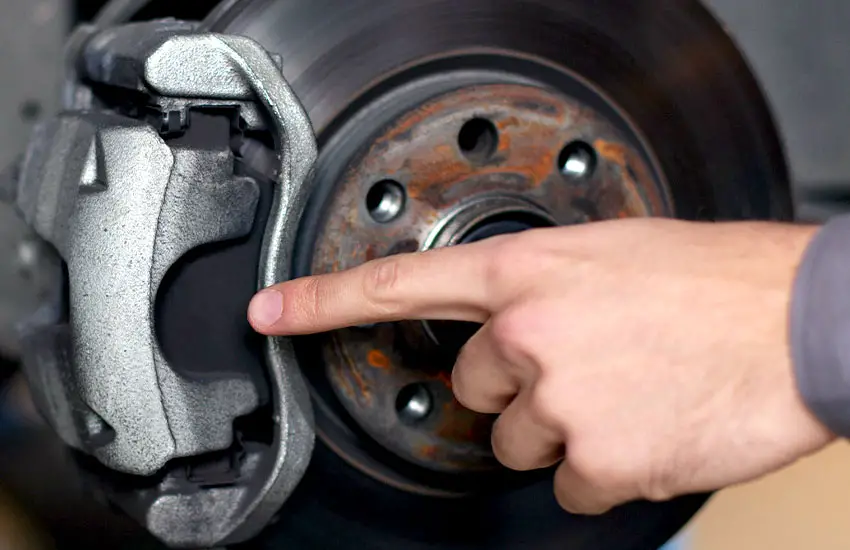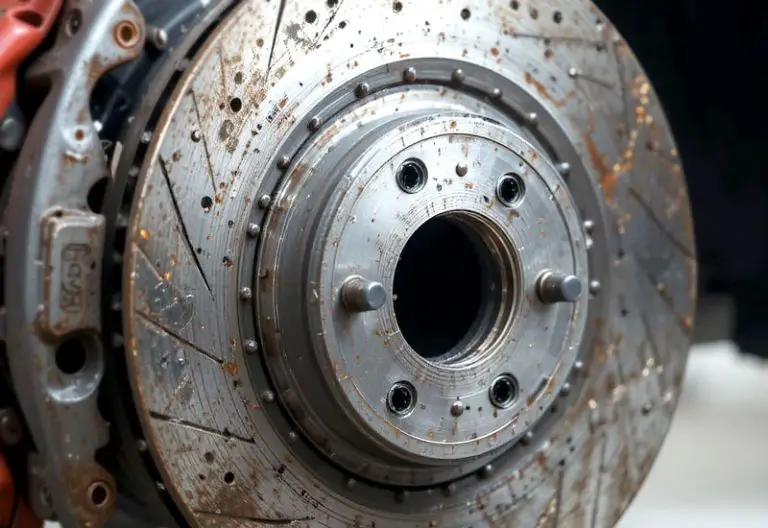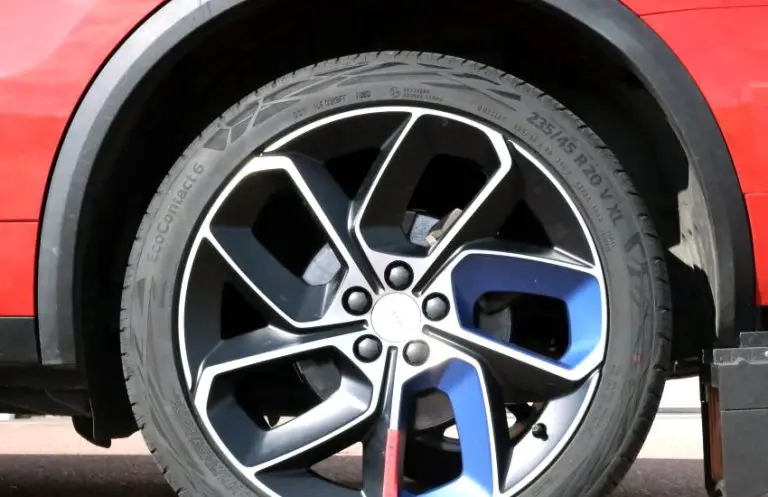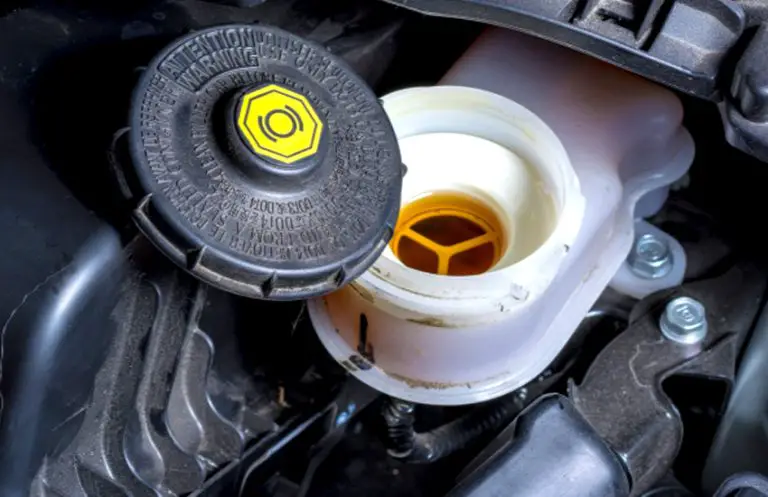Your vehicle’s brake system is one of the most critical components that ensure your safety on the road. But imagine driving and suddenly hearing a strange noise from your brakes or feeling that your car isn’t stopping as effectively as it should. This could be due to brake pads detaching.
Understanding why brake pads detach can help you maintain your vehicle better and avoid potentially dangerous situations. In this blog post, we’ll explore the various reasons behind brake pads detaching, how to recognize the signs, and what preventive measures you can take.

Common Causes of Brake Pads Detaching
Brake pads can detach due to several reasons, ranging from poor installation to manufacturing defects. Let’s dive into the most common causes in detail.
Poor Installation and Maintenance
One of the primary reasons for brake pads detaching is poor installation. If the brake pads are not installed correctly, they may not sit properly against the rotor, leading to detachment. This can happen if the mechanic uses incorrect tools or doesn’t follow the manufacturer’s guidelines. Additionally, improper maintenance can cause brake pads to wear unevenly or become loose.
Faulty or Worn-Out Components
The braking system comprises various components such as calipers, rotors, and pads. If any of these components are faulty or worn out, they can contribute to brake pads detaching. For instance, if the caliper pins are corroded or stuck, they won’t be able to apply even pressure on the brake pads, causing them to shift or detach. Similarly, if the rotor is warped or damaged, it won’t provide a smooth surface for the brake pads to grip, increasing the risk of detachment.
Heat and Overloading
Excessive heat is another major factor that can cause brake pads to detach. When the brakes are applied, the friction generates heat. Under normal conditions, the braking system can handle this heat. However, if the brakes are overused, such as during continuous downhill driving or heavy towing, the heat can build up to extreme levels. This excessive heat can cause the adhesive that holds the brake pad material to the backing plate to break down, leading to detachment. Overloading the vehicle can also put extra stress on the braking system, causing the brake pads to wear out faster and potentially detach.
Manufacturing Defects
In some cases, brake pads can detach due to manufacturing defects. Although rare, defects in the materials or construction of the brake pads can lead to premature failure. For example, if the adhesive used to bond the friction material to the backing plate is of poor quality, it may fail under normal operating conditions. Similarly, if the backing plate is not made to the correct specifications, it may not fit properly within the caliper, leading to detachment.
Environmental Factors
Environmental factors such as moisture, dirt, and road salt can also contribute to brake pads detaching. Moisture can cause corrosion of the brake components, weakening the bond between the friction material and the backing plate. Dirt and debris can get lodged between the brake pad and the rotor, causing uneven wear and eventually leading to detachment. Road salt, commonly used in colder regions to melt ice, can accelerate the corrosion process, further increasing the risk of brake pad detachment.
Recognizing the Signs of Brake Pad Detachment
Detecting brake pad detachment early can prevent accidents and costly repairs. Here are some common signs to look out for:
Unusual Noises
One of the first signs of brake pad detachment is unusual noises coming from the brakes. You might hear squealing, grinding, or clicking sounds when you apply the brakes. These noises indicate that the brake pads are not seated properly or are moving around within the caliper.
Reduced Braking Performance
If you notice that your vehicle’s braking performance has diminished, it could be a sign of brake pad detachment. The car may take longer to stop, or the brakes may feel less responsive. This can be particularly dangerous in emergency situations where you need to stop quickly.
Vibration or Pulsation
A detached brake pad can cause the braking system to become unbalanced, leading to vibrations or pulsations when you apply the brakes. You may feel this in the brake pedal or steering wheel. It’s a clear sign that something is wrong with your braking system.
Uneven Brake Pad Wear
During routine maintenance, if you or your mechanic notice that the brake pads are wearing unevenly, it could be a sign of impending detachment. Uneven wear can indicate that the brake pads are not making proper contact with the rotor.
Warning Lights
Modern vehicles are equipped with various sensors that monitor the condition of different components. If there is an issue with your brakes, such as pad detachment, the brake warning light on your dashboard may illuminate. Never ignore this warning light, as it indicates a potentially serious problem.
Preventive Measures to Avoid Brake Pad Detachment
Preventing brake pad detachment involves regular maintenance and being mindful of how you use your brakes. Here are some tips to help you keep your braking system in top condition:
Regular Inspections
One of the best ways to prevent brake pad detachment is through regular inspections. Have your braking system checked by a professional mechanic at least once a year. During these inspections, the mechanic will look for signs of wear and tear, corrosion, and other potential issues.
Use Quality Parts
Always use high-quality brake pads and components that meet or exceed the manufacturer’s specifications. Cheap, low-quality parts are more likely to fail and cause issues like pad detachment. Investing in good-quality parts can save you money and trouble in the long run.
Proper Installation
Ensure that your brake pads are installed by a qualified mechanic who follows the manufacturer’s guidelines. Proper installation is crucial to ensuring that the brake pads sit correctly and function as intended.
Avoid Overloading
Avoid overloading your vehicle, as it puts extra stress on the braking system. If you need to carry heavy loads, make sure your vehicle is rated for that weight and that your brakes are in good condition to handle the extra load.
Mind Your Driving Habits
Be mindful of your driving habits. Avoid riding the brakes and try to give your brakes a chance to cool down during extended periods of driving. This can help prevent excessive heat buildup, which can lead to brake pad detachment.
Regular Cleaning
Keep your brakes clean by washing your wheels and brakes regularly, especially if you live in an area where road salt is used. Removing dirt and debris can prevent them from causing uneven wear or corrosion.
I hope this article has provided you with a clear understanding of the causes of brake pad detachment and the importance of maintaining your braking system. Regular inspections, using quality parts, and proper installation are key to preventing brake pad detachment and ensuring your safety on the road. By being mindful of your driving habits and keeping your brakes clean, you can extend the life of your brake pads and avoid costly repairs.
Are These Questions in Your Mind?
Is it safe to drive with a detached brake pad?
No, driving with a detached brake pad is extremely dangerous. It can lead to a significant reduction in braking performance and increase the risk of accidents.
Can I fix a detached brake pad myself?
While some car maintenance tasks can be done at home, fixing a detached brake pad requires specialized knowledge and tools. It’s best to have it repaired by a professional mechanic.
Do I need to replace both brake pads if one detaches?
Yes, it’s generally recommended to replace both brake pads on the same axle to ensure even braking performance.
Is brake pad detachment covered under warranty?
It depends on your vehicle’s warranty and the cause of the detachment. Check with your manufacturer or dealer for specific warranty information.
Can bad driving habits cause brake pad detachment?
Yes, bad driving habits like riding the brakes or overloading the vehicle can cause excessive wear and heat buildup, leading to brake pad detachment.
Do I need to replace the rotors if my brake pads detach?
Not necessarily, but the rotors should be inspected for damage. If they are warped or excessively worn, they may need to be replaced.
Is it normal for new brake pads to make noise?
New brake pads can sometimes make noise during the break-in period. However, persistent noise could indicate improper installation or other issues.
Can environmental factors cause brake pad detachment?
Yes, factors like moisture, dirt, and road salt can cause corrosion and debris buildup, leading to brake pad detachment.
Is it possible to prevent brake pad detachment?
Regular maintenance, proper installation, and using quality parts can significantly reduce the risk of brake pad detachment.
Do I need to bleed the brakes if a pad detaches?
Yes, if a brake pad detaches, air may enter the brake lines. Bleeding the brakes can remove this air and ensure proper brake function.


